Bedrock, a major Detroit-based developer that has been instrumental in transforming the city’s once derelict downtown, is now branching out by buying significant properties on the city’s east riverfront as well as reinforcing its commitment to the city center with a massive commercial, residential and arts complex.
For more than a decade Bedrock, the real estate arm of billionaire Dan Gilbert’s Rock group of companies, including nationally known Rocket Mortgage, has invested $5.6 billion in more than 100 properties, overwhelmingly in Detroit but also in Cleveland.
The company is building what will be Detroit’s second tallest skyscraper on the city’s former iconic Hudson’s department store site and has converted once abandoned or rundown office towers into new offices, condos and apartments.
And now, diverting from its downtown core portfolio, it has acquired several major properties substantially east of downtown bordering the Detroit River. By contrast, these were not derelict but state-of-the-art late or converted 20th century complexes that were built by other developers themselves hoping for a commercial and residential rebirth.
These buildings include the Robert Riverfront Hotel, the former UAW-GM Center for Human Resources and the Stroh River Place residential and commercial complex.
That was step number one.
Step number two was the announcement last fall that Bedrock would tie these buildings together into a “sustainable urban neighborhood” exhibiting “best practices” of urban design and planning. The company declined an interview for this article.
The project ties into another massive urban renewal project, the Detroit International Riverfront, a more than three mile promenade that has opened up a waterfront to walkers and cyclists interrupted by parks with easy access to city streets and amenities. The Riverwalk is a project of the non-profit Detroit Riverfront Conservancy.
Bedrock says the new buildings, comprising 900,000 square feet on 40 acres two miles east of downtown, provide synergy with the Riverwalk.
“Due to the efforts of the community and the Riverfront Conservancy, the Detroit riverfront is already a terrific public asset,” Kofi Bonner, CEO of Bedrock, said in a statement. And Bedrock’s investments “represent our initial contribution to (its) continuous improvement.”
Taking the form of an unofficial public-private partnership, the enhancements will create seamless connections from the Riverwalk into neighboring streets around Bedrock’s buildings. The links will be done with public artwork, landscaping and street furniture. An event lawn will be created in front of a craft brewery.
Illuminated structures with images of famed Detroit Motown and other musicians will be installed. Detroit artists, part of the Library Street Collective, will contribute murals and installations “reflective of the broader community” and enhance existing buildings like the Aretha Franklin Amphitheatre.“We’re very excited that Bedrock sees the value in the neighborhood,” Mark Wallace, CEO of the Detroit River Conservancy, told the Daily Commercial News. “Bedrock has done great work with activating public spaces around their portfolio and downtown.”
Wallace said Bedrock has a great track record on adaptive reuse, particularly with its portfolio of century-old once derelict buildings.
Wallace said redeveloping the riverfront, a project that is still ongoing, has two purposes.
One is to draw residents and visitors. The second is as a tool for economic development.
“We’ve been really excited. We’ve seen $2 billion invested in the riverfront since 2003 when we were formed. Of that, I think the number is about $16 million of annual tax revenue that goes to the City of Detroit.”
Carolyn Loh, professor of urban studies and planning at Detroit’s Wayne State University, said Bedrock’s investments will help implement the city’s East Riverfront Framework Plan.
The riverfront aside, back in Bedrock’s original bailiwick, downtown, the company also recently announced a massive 1.5 million square foot retail, office and entertainment complex. As per its experience in adaptive reuse it will restore the time-honored National Theatre, adding to Detroit’s theatre district.
The Cadillac Square development is across the street from Detroit’s Campus Martius, a small urban event park in the middle of downtown’s main thoroughfare Woodward Avenue.
Besides adding new and restored buildings to a transforming downtown it will connect a few disparate sections of the business district.
“The Development at Cadillac Square leverages the potential of a central, yet underutilized footprint to further ignite downtown’s offerings,” Bedrock’s CEO Bonner said.
Specifically, the development will feature 230,000 square feet of 250 to 280 new residential units, a 90,000 square foot market hall, a grocer, restaurants and other retail, 60,000 square feet for arts and entertainment, 400,000 square feet of Class A office space and 1,500 to 1,800 parking spaces. Affordable housing in co-operation with the City of Detroit is included.
Loh said the investments add to Bedrock’s massive redevelopment efforts in Detroit.
“I can’t think of another city where you see a similar level of investment by one company,” she said.
“They have in part been successful because they’ve built on existing anchors and areas of activity in measured geographic increments. Not everyone agrees with their approach, but you can’t argue that it hasn’t been hugely impactful.”


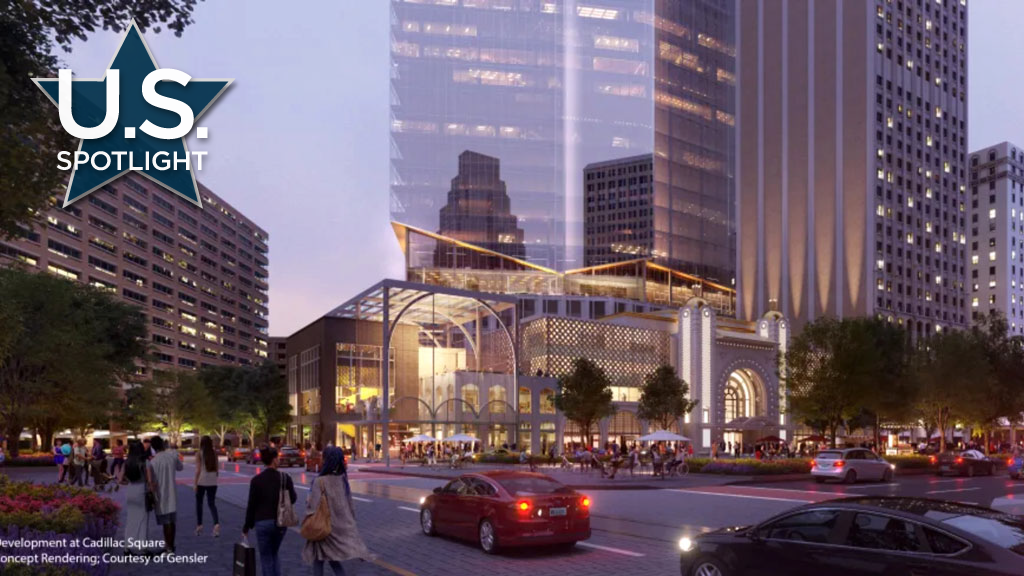

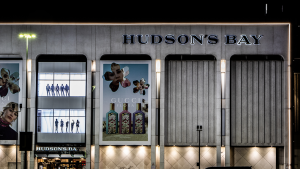
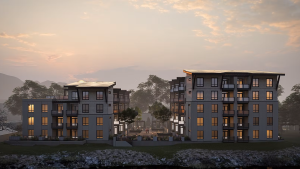

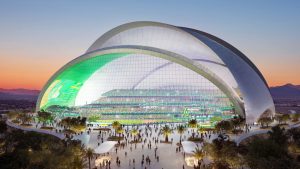
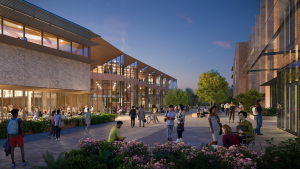


Recent Comments